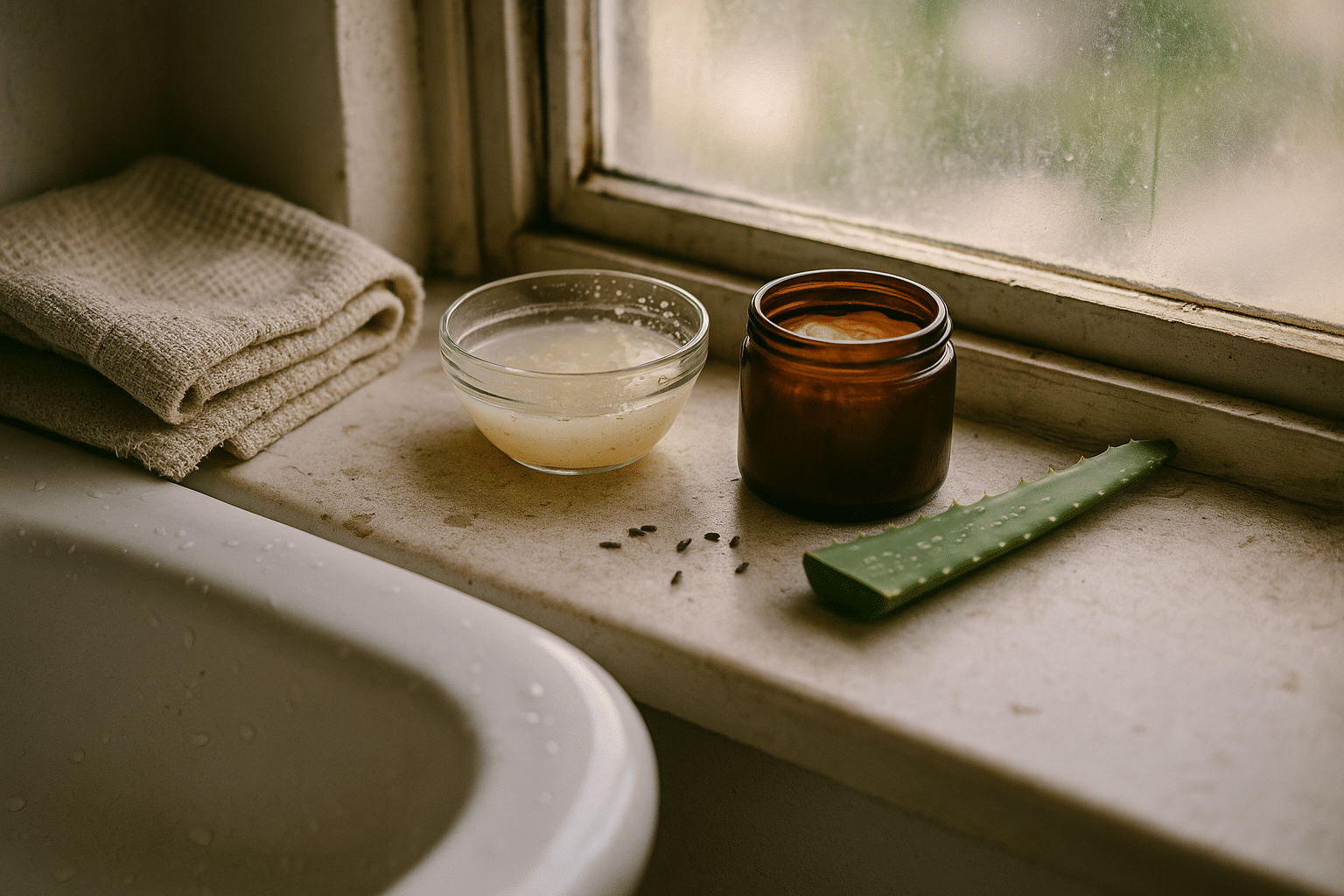
Effective Ways to Relieve Dry Eyes
Introduction to Dry Eyes
Dry eyes can be an uncomfortable and irritating condition that many people experience at some point in their lives. This condition occurs when your tears aren’t able to provide adequate moisture for your eyes. It can be caused by a variety of factors, including environmental conditions, prolonged screen time, or underlying health issues. Understanding how to relieve dry eyes is crucial for maintaining comfort and eye health.
Understanding the Causes of Dry Eyes
Before diving into solutions, it’s important to understand the underlying causes of dry eyes. Common causes include environmental factors such as wind, smoke, or dry air, which can lead to increased tear evaporation. Additionally, extended periods of screen time without breaks can strain the eyes and reduce blinking, exacerbating dryness. Certain medications and health conditions, such as allergies or autoimmune disorders, can also contribute to dry eyes. Identifying these causes can help in selecting the appropriate remedy.
Natural Remedies for Relieving Dry Eyes
There are several natural approaches to alleviate dry eyes, which can be effective for many individuals. A simple method is to ensure adequate hydration by drinking plenty of water throughout the day. Using a humidifier in your home can add moisture to the air, reducing tear evaporation. Incorporating foods rich in omega-3 fatty acids, such as fish and flaxseed, can also promote eye health and reduce inflammation. Take regular breaks during screen time to rest your eyes and encourage frequent blinking to maintain moisture.
Over-the-Counter Solutions
For those seeking quick relief, over-the-counter (OTC) eye drops can be a convenient solution. These drops work by supplementing your natural tears and providing immediate moisture. It’s important to choose preservative-free options to avoid potential irritation from preservatives. Additionally, gel-based drops can provide longer-lasting relief, especially at night. Always follow the instructions provided and consult with a healthcare professional if symptoms persist.
When to Seek Professional Help
If dry eye symptoms persist despite trying various remedies, it may be time to consult an eye care professional. Chronic dry eyes can lead to more serious issues if left untreated, such as eye infections or damage to the corneal surface. An optometrist or ophthalmologist can perform tests to determine the underlying cause and recommend treatments such as prescription medications or specialized therapies. Seeking professional help ensures that you receive a tailored approach to managing your condition effectively.
Conclusion: Prioritizing Eye Health
Dry eyes can be a temporary nuisance or a chronic issue, but with the right approach, relief is possible. By understanding the causes and exploring various remedies, you can find a solution that works for you. Whether through natural methods, OTC products, or professional guidance, prioritizing eye health is essential for comfort and long-term well-being. Remember, taking proactive steps can make a significant difference in managing dry eye symptoms effectively.


